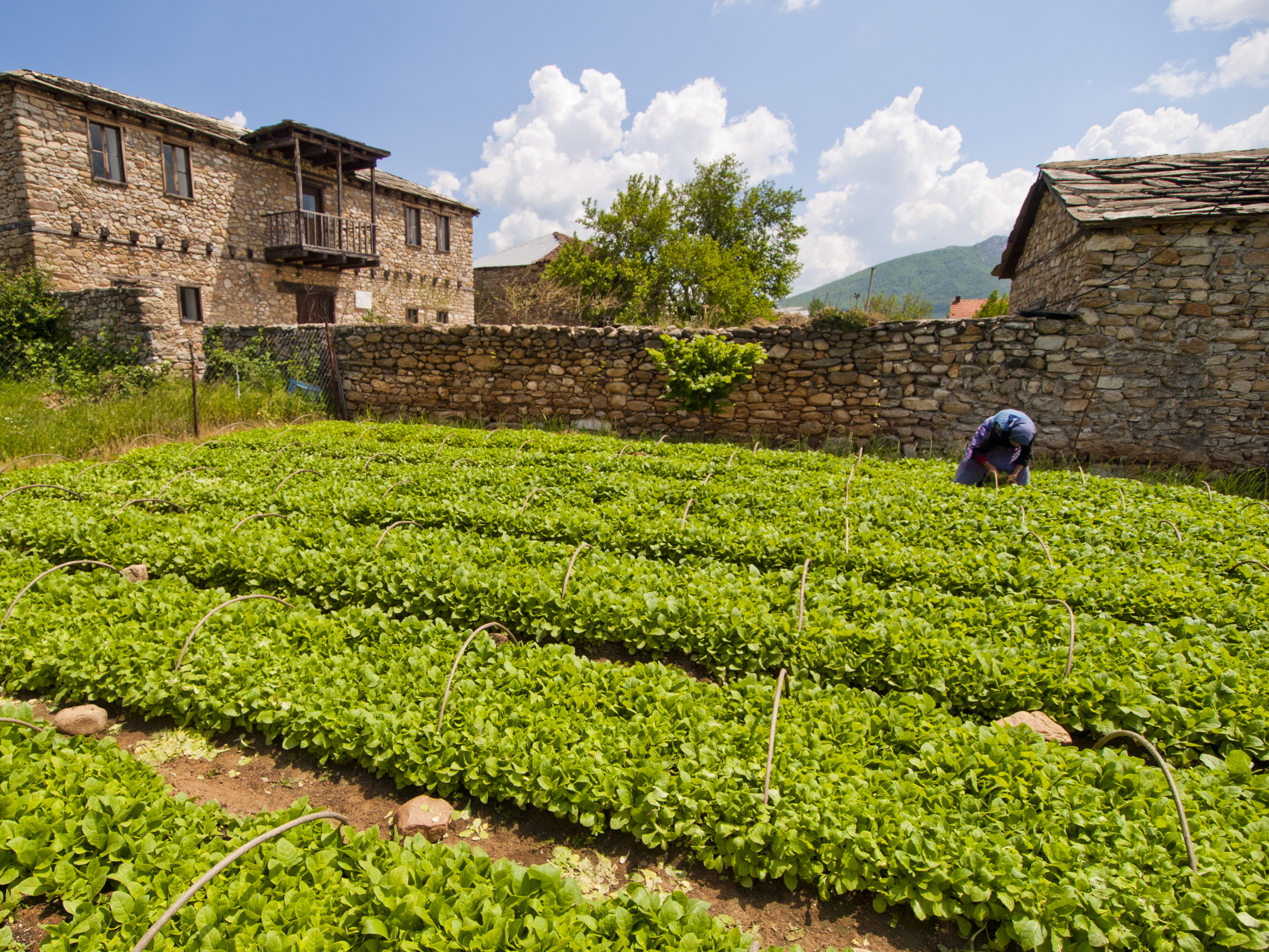Sustainable Agriculture in Macedonia Boosted by Training Programs

Sustainable agriculture in Macedonia has generated major interest recently. The country’s varied and often rugged terrain means that farming can be rather unpredictable, but it also means that many farmers are eager to learn about new techniques and technologies that can make their lives easier and help to improve crop yields.
There are, of course, some obstacles to promoting sustainable agriculture in Macedonia, but they are comparatively few. The main issue is that pastureland is state-owned and tends to be in poor condition. The other major obstacle is that the vast majority of farms are relatively small, and so it is often difficult for farmers to attain economies of scale that can help them compete and save them money.
That being said, the United Nations Development Programme and other actors are taking many steps to promote sustainable agriculture in Macedonia. The high degree of international involvement has created what is essentially a multi-pronged approach.
The U.N. recently organized a series of training programs for farmers from Macedonia and other Eurasian countries to introduce them to more sustainable practices, such as selecting crops that are appropriate for the environment and relying less on wasteful irrigation practices. The training also included tips on how to save money and stay competitive in the global economy, even for very small farms.
Many of those present said that not only did they appreciate the advice they were being given, but also the chance to connect with farmers from other countries and share their experiences. Notably, some of the techniques that the farmers were trained in were actually developed by fellow attendees.
The farmers were also educated about grants and subsidies available to them if they are interested in implementing more sustainable practices. The availability of financial assistance will prove key to promoting sustainable agriculture in Macedonia, as the main obstacle for many of these farmers is the high cost of switching to some of these practices.
In addition to international actors, there are also many NGOs working to promote sustainable agriculture in Macedonia. Sustainable Agriculture for Sustainable Balkans is one such organization. Working together with the EU, it focuses primarily on collecting and distributing information that can help farmers make informed decisions about which techniques they might like to implement on their own farms.
CeProSARD is another key player promoting sustainable agriculture in Macedonia. Its mission is rural development, and in a country like Macedonia, that goes hand in hand with agriculture. In addition to funding research on best practices, CeProSARD also networks with farmers and other key stakeholders and advocates for meaningful change.
Macedonia is a good example of a country where external support can really help to promote change. The case of Macedonia demonstrates that key stakeholders are more often than not aware of an issue and want to rectify it, but may need guidance or support in order to do so. Supporting these actors is an easy way for the international community to bring about major improvements quickly and easily.
– Michaela Downey
Photo: Flickr
